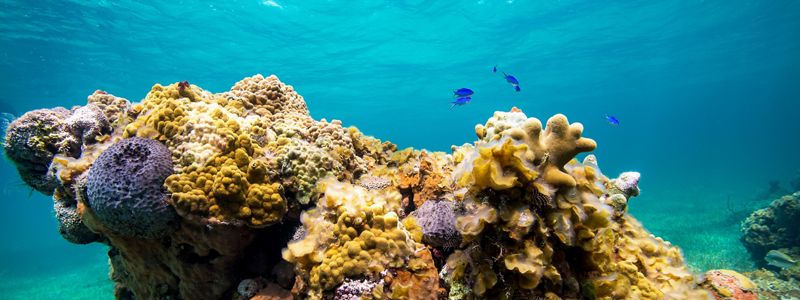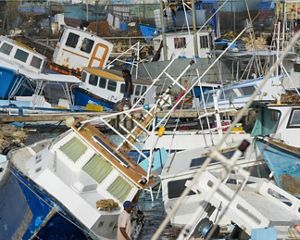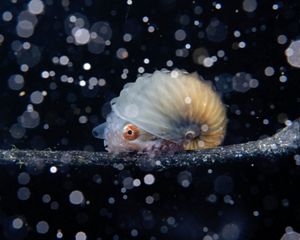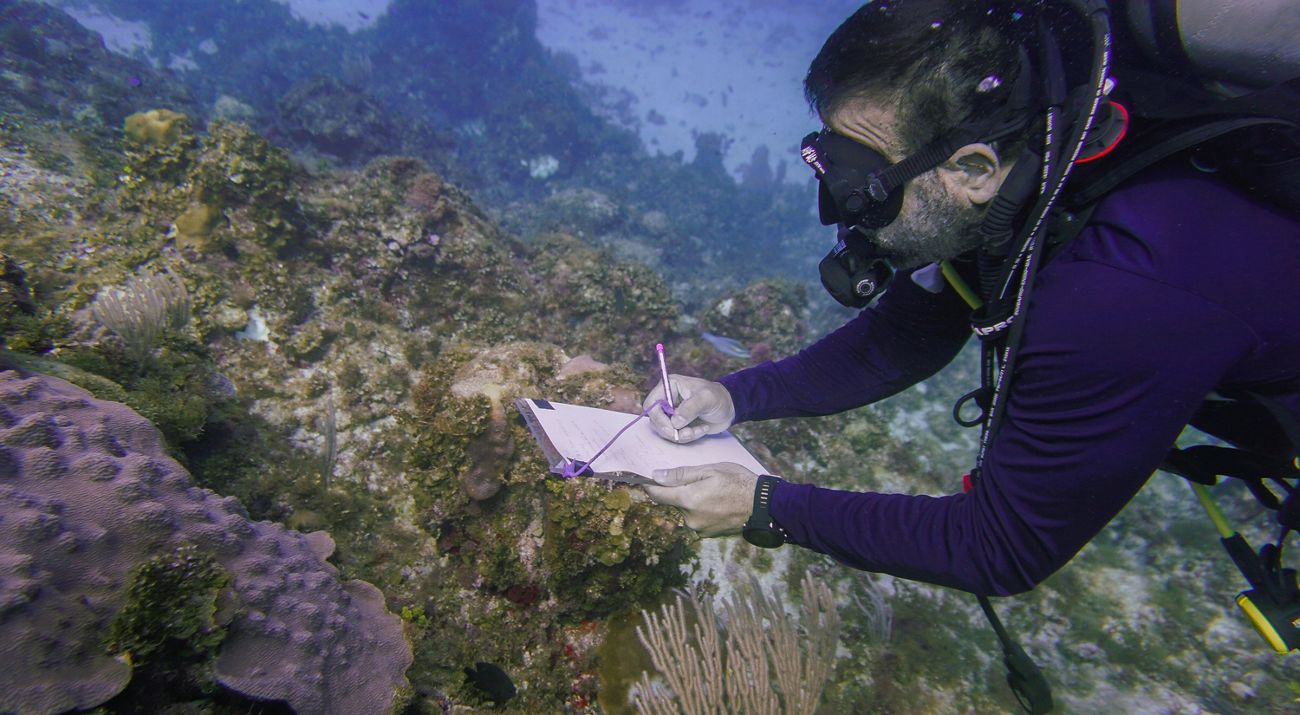
Over recent months, the CoralCarib team has made coral conservation advancements across the Caribbean. The team has been deeply involved in community outreach and scientific research. CoralCarib is dedicated to conserving and restoring coral reefs in four Caribbean countries: Jamaica, the Dominican Republic, Haiti and Cuba.
In April, the Jamaica team participated in the Alligator Head Foundation (AHF) Open Day, where they connected with the public and shared insights about the work they are doing to protect and restore coral reefs. Over 200 attendees learned about coral conservation and 12 organizations mounted displays highlighting the collaboration of conservation work in the region. In August, the Jamaica Gleaner interviewed our Jamaica colleagues about the advancements made by the CoralCarib project and the minor impacts the project experienced due to Hurricane Beryl.
The AHF has also signed a contract to develop a management plan for the East Portland Fish Sanctuary, aimed at reducing unsustainable fishing practices. This initiative is a critical step toward enhancing the effective management of Jamaica’s Marine Protected Areas (MPAs).
On the research front, the team has set up 54 intervention plots since June, essential for monitoring the effects of coral outplanting and overall coral health, particularly in the aftermath of last summer’s bleaching event.
In Punta Cana, Dominican Republic, we have been prioritizing coral nursery maintenance. Local implementing partners involved citizen scientists in maintenance activities, giving them hands-on experience in coral conservation. Additionally, over 200 students from primary to university level have benefited from educational engagements hosted by FUNDEMAR, the CoralCarib implementing partner in Bayahibe.
Coral Carib Events
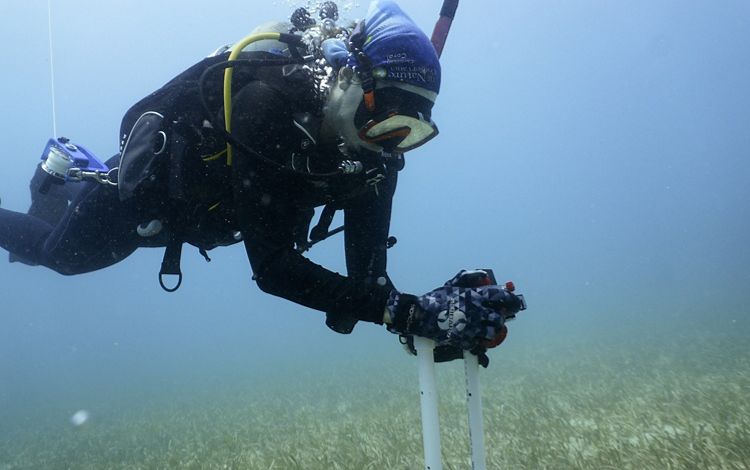
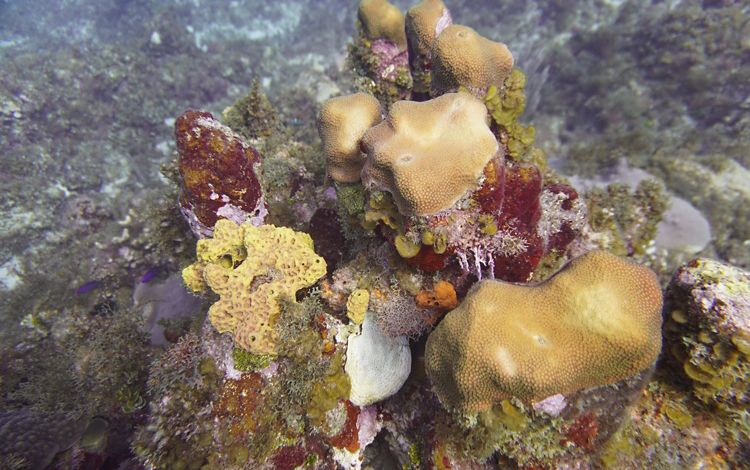
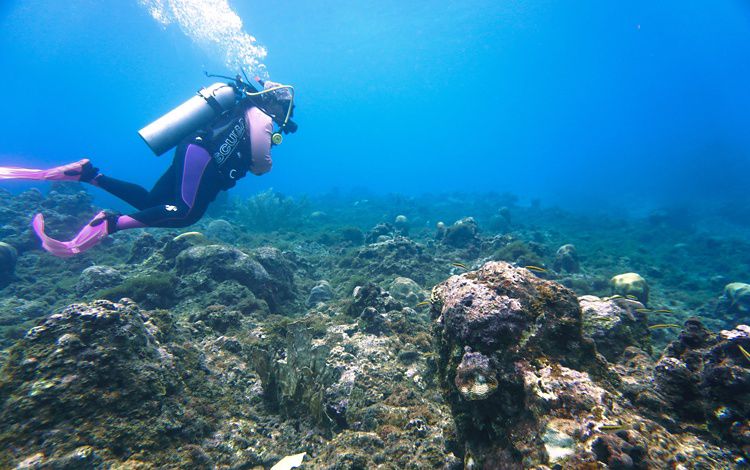
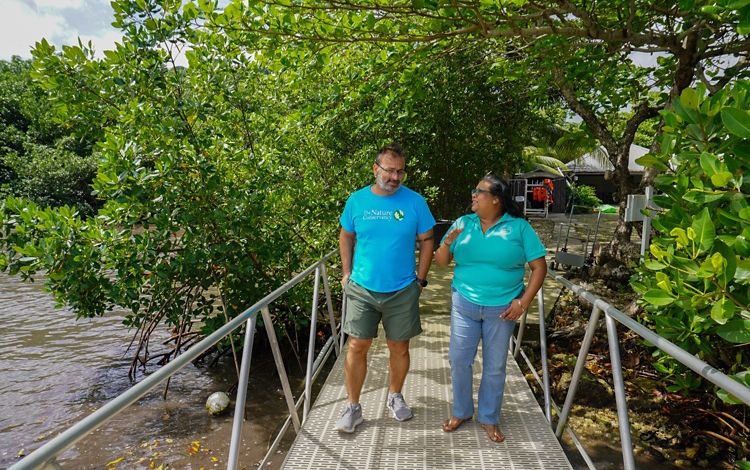
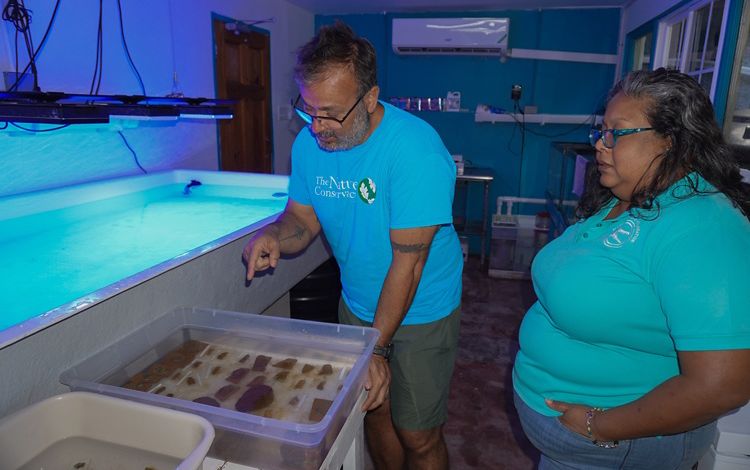
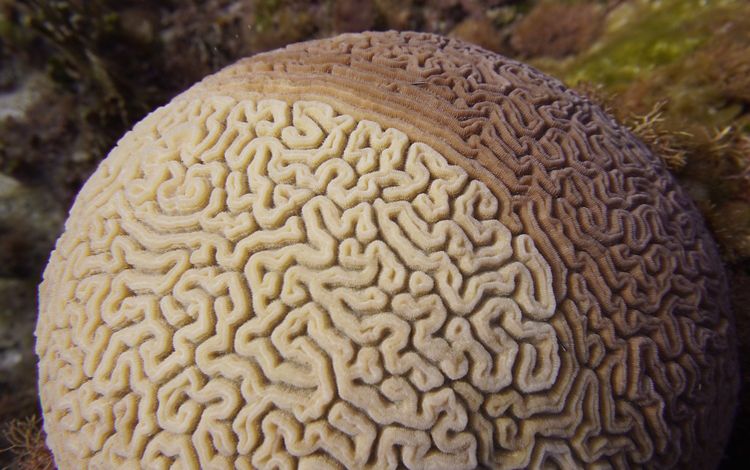
In Haiti, CoralCarib’s focus has been on research. The team has hired a consultant to lead the work on fisheries economic valuation—a means for measuring the benefits of fisheries resources and broader ecosystem services. This valuation will inform decision-makers on the value of coral reef ecosystems in the four CoralCarib refugia sites.
In Cuba, the CoralCarib project is working closely with other marine conservation initiatives. A key collaboration is with “Applying Nature-Based Solutions to Increase Coastal Resilience and Adaptive Capacity to Climate Change in Cuba's Protected Areas,” a project led by the National Center for Protected Areas. This partnership is focused on identifying synergies with other conservation projects that involve community stakeholders to mitigate threats to coral reefs and enhance local livelihoods. The team will also establish a new land-based laboratory to support coral restoration efforts through sexual reproduction techniques within the Zapata Swamp refugia site.
Across these four countries, the CoralCarib project, funded by The International Climate Initiative (IKI), is weaving together scientific research, community engagement, and strategic partnerships to protect and restore the Caribbean’s coral reef ecosystems. The project is making a lasting impact on the region’s marine environment and the communities that depend on it for their livelihoods, with ongoing efforts and collaborations. With additional funding support from TNC’s Accelerating Impact Fund, learning exchanges this year will enable CoralCarib partners to exchange insights and lessons with TNC’s U.S. Virgin Islands Coral Innovation Hub on St. Croix, further increasing the impact of this multinational initiative.
We Can’t Save Nature Without You
Sign up to receive monthly conservation news and updates from the Caribbean.
